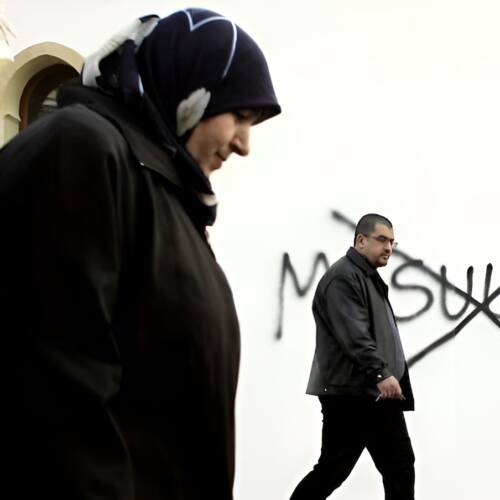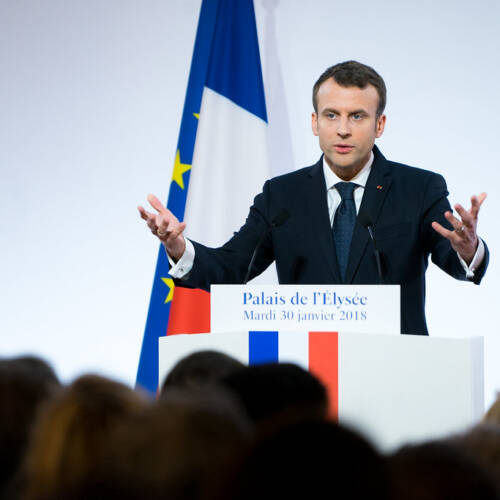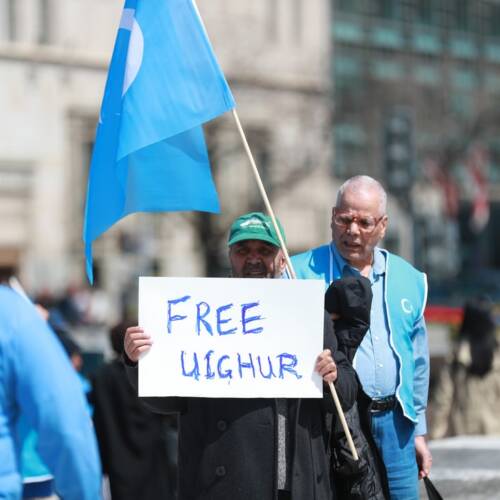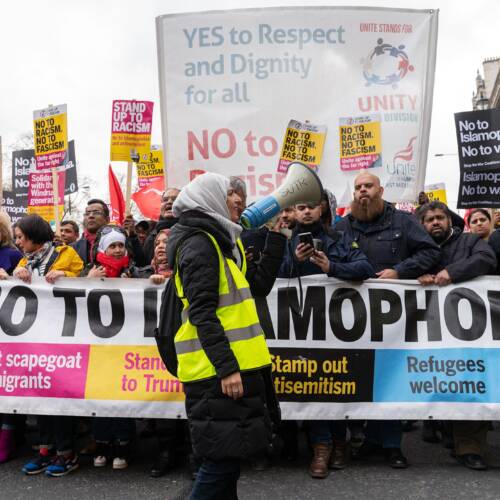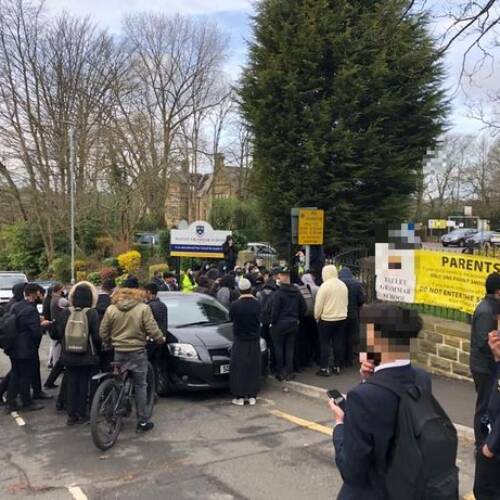
Political Parties in Denmark Push to Ban Call to Prayer
26 Jun 2020Several political parties in Denmark are pushing to ban mosques from airing the adhan on grounds of it being “very disruptive”. The issue has been presented to the Parliament and is being debated.
The debate began after a number of mosques in Denmark promoted broadcasting the adhan as an expression of solidarity and support during the coronavirus outbreak, mirroring similar efforts in a number of other countries including the UK.
The parties deny that the move is targeted at Islam and said that calls to prayer are simply not a tradition in Denmark. However, their proposed legislation bans the airing of the call the prayer in a way that is specific to Islam.
The move comes as a number of far-right parties in Denmark are increasing their attacks against Muslims in the country, calling for more restrictions. The leader of a far-right Danish party was sentenced to prison this week after he was found to have made racist and Islamophobic YouTube videos.
The first adhan was aired in Gellerupparken
The debate started after a mosque in Gellerupparken near Aarhus aired the adhan in April. The mosque, like many others, was closed due to the coronavirus and the airing of the adhan was part of an expression of solidarity and support. It reflected similar efforts by mosques around Europe who also gained permission to air the adhan, including in the UK.
Although no other mosque in the country made similar requests or aired the adhan, lawmakers from Venstre, Dansk Folkeparti, Konservative and Nye Borgerlige parties warned that the airing of the adhan could spread.
“For Venstre, it is not about a single religion, although I realise that prayer calls are often linked to Islam. Prayer calls are not something we have a tradition for in Danish society. We think that it will be very disruptive in Denmark,” said Mads Fuglede, one of its MPs.
Danish constitution bans legislations specifically aimed at one demographic and the law could therefore violate Danish law. To avoid such hurdles, the legislation was proposed without reference to Islam or the adhan. Instead, it referred to a ban on prayer calls using speakers in a public place, a measure that would nevertheless impact Muslims only. However, some lawmakers warned that the law could end up preventing Christian churches from using their bells too.
Thus, several Socialdemokratiet MPs called for the government to make a feasibility plan to determine the applicability and legality of the proposed law.
Denmark has seen increasing far-right activity
The proposal of the law is unsurprising for the country which has become increasingly anti-immigrant and Islamophobic in recent years, with a number of far-right politicians operating without facing challenges.
Some of the more extreme and polarising figures, such as Rasmus Paladan, the head of the far-right Stram Kurs party, faced legal repercussions for their actions. Paladan was sentenced to 14 different accounts of racism, defamation, hazardous driving and disbarred after it was found that he was making Islamophobic and racist Youtube videos. He is currently appealing against the sentence.
Despite this, however, even mainstream politicians, such as Prime Minister Lars Lokke Rasmussen, used increasingly far-right rhetoric when talking about immigrant communities.
The passing of the “ghetto law” in 2018 was the result of such right-ward push.






